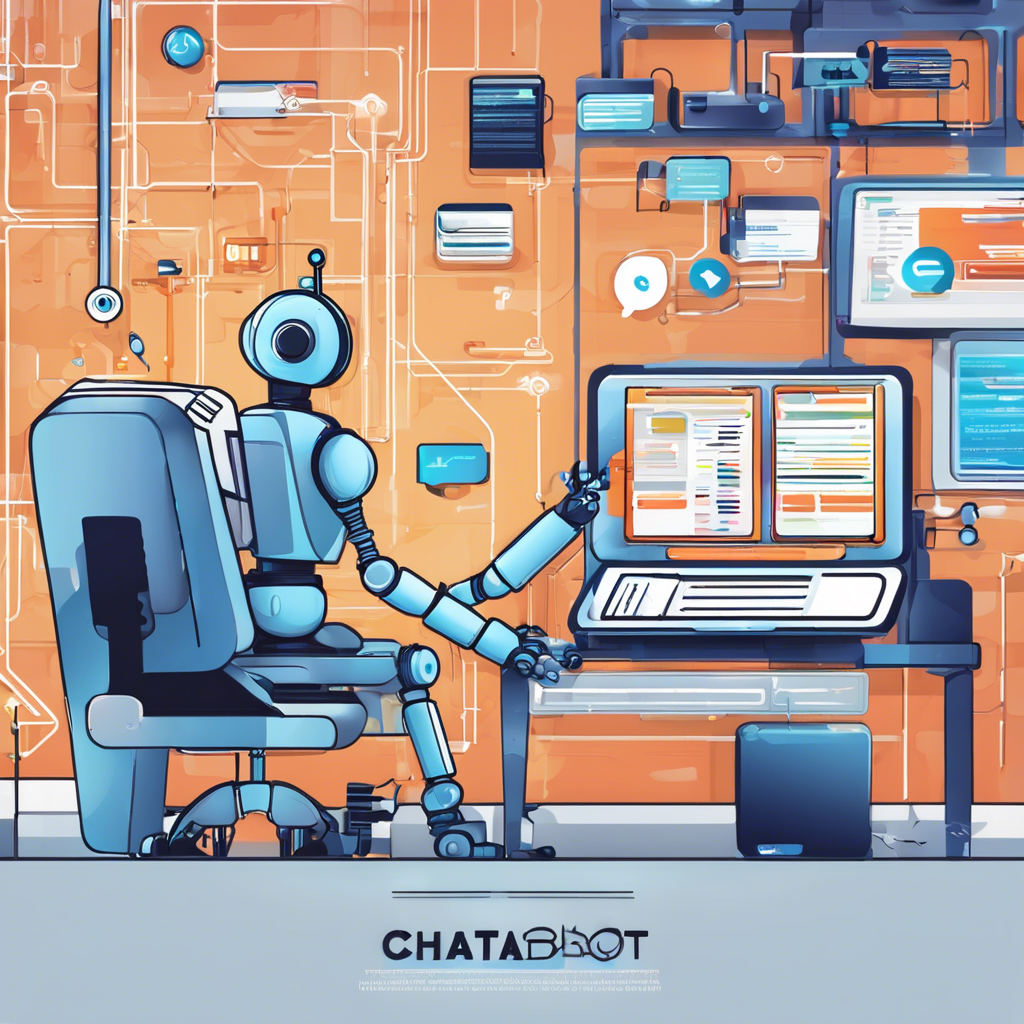Chatbot software has revolutionized the way businesses interact with their customers. These intelligent programs are designed to simulate conversations with human users, providing customer support, information, and even entertainment. Chatbots are increasingly being used across various industries, from e-commerce to healthcare, to enhance user experience and streamline communication processes.
One of the key benefits of chatbot software is its ability to provide instant responses to customer queries, improving efficiency and customer satisfaction. By utilizing artificial intelligence and natural language processing, chatbots can understand and respond to user inquiries in real-time, reducing the need for human intervention and speeding up resolution times.
Moreover, chatbots can handle a large volume of inquiries simultaneously, making them a cost-effective solution for businesses looking to scale their customer support operations. By automating routine tasks and frequently asked questions, chatbots free up human agents to focus on more complex issues, ultimately improving productivity and service quality.
In addition to customer support, chatbots can also be used for lead generation and sales purposes. By engaging users in personalized conversations and guiding them through the sales funnel, chatbots can help businesses increase conversions and drive revenue growth. This personalized approach can enhance the overall customer experience and build brand loyalty.
Furthermore, chatbots have the ability to collect and analyze valuable data from user interactions, providing businesses with insights into customer preferences, behaviors, and trends. By leveraging this data, businesses can make informed decisions to improve their products and services, tailor marketing campaigns, and enhance overall business performance.
The advancements in natural language processing and machine learning have made chatbots more sophisticated and capable of understanding complex queries and contexts. These advancements enable chatbots to provide more accurate and relevant responses, creating a more engaging and seamless user experience.
Chatbot software can be integrated with various communication channels, including websites, messaging apps, and social media platforms, allowing businesses to reach customers wherever they are. This omnichannel approach ensures consistent and personalized interactions across different touchpoints, enhancing the overall customer journey.
Moreover, chatbots can be customized to reflect the brand voice and personality, creating a unique and memorable experience for users. By incorporating elements of humor, empathy, and creativity, chatbots can humanize interactions and build emotional connections with customers, fostering long-term relationships.
The rise of chatbot software has also led to the development of virtual assistants, such as Siri, Alexa, and Google Assistant, which are capable of performing a wide range of tasks, from setting reminders to playing music. These virtual assistants have become an integral part of everyday life, providing convenience and assistance to users in various contexts.
As chatbot technology continues to evolve, we can expect to see more advanced features and capabilities, such as multilingual support, sentiment analysis, and predictive analytics. These enhancements will further improve the effectiveness and efficiency of chatbots, making them indispensable tools for businesses in the digital age.
In conclusion, chatbot software represents a significant advancement in customer communication and engagement, offering businesses a powerful tool to enhance customer experiences, drive sales, and gain valuable insights. As businesses continue to adopt chatbots as part of their customer service strategy, the potential for innovation and growth in this space is vast, promising a future where chatbots play a central role in shaping the way we interact with brands and businesses online.

